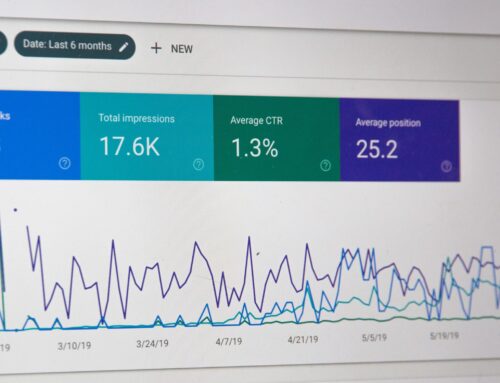
Some of the most critical components of any eLearning program are the assessments you create. And for good reason. There are few ways to better measure your learners’ understanding of the material. And if you have solid learning objectives and an engaging content outlined, you’re probably all set to design your assessment questions, right? No. There’s something you need to clearly identify before you start building out your tests: Do you want to create knowledge-based or skills-based questions?
What’s the Difference?
 The main difference between these two question types revolves around what you’re trying to test. This may seem like common sense, but it’s easy to get this wrong. Often IDs will create knowledge-based question for skills-based objectives. And that’s something you want to correct.
The main difference between these two question types revolves around what you’re trying to test. This may seem like common sense, but it’s easy to get this wrong. Often IDs will create knowledge-based question for skills-based objectives. And that’s something you want to correct.
Let’s start with what a knowledge-based question is. Simply put, it will be testing what your learners remember about any given subject. These types of questions would typically be multiple choice, fill in the blank, and things of that ilk. On the other hand, a skills-based question will test how well your learners can perform a learned task. This is where you might conduct a mock sales call to see how well a new sales executive is mastering the concepts you’ve taught. Additionally, you could test skills through interactivity (think simulations, activities, games) that requires a thorough understanding of the concepts they just learned.
Which Should you be Using?
 If you wanted to hear a definitive answer of which question type to use in every setting, then you won’t get that here. The simple fact is that it depends on your objectives. If you’re testing the ability to sell a product, then you need a skills-based assessment. But if you’re testing whether employees remember certain principles, then a skills-based assessment might not work the best.
If you wanted to hear a definitive answer of which question type to use in every setting, then you won’t get that here. The simple fact is that it depends on your objectives. If you’re testing the ability to sell a product, then you need a skills-based assessment. But if you’re testing whether employees remember certain principles, then a skills-based assessment might not work the best.
There are also situations where you may need to use both. Perhaps a sales associate needs to know information about a new product (knowledge-based assessment) and how well they can demonstrate the platform to a prospect (skills-based assessment).
To picture this, imagine you were designing a course on changing a tire. If one section detailed the different parts, functions, and brands of tires, then you’d likely test your learners with knowledge-based questions. However, if another section covered how to change a tire, then skills-based questions would be more appropriate. Likewise, the two question types often go hand-in-hand. Using this tire example, you might conduct a knowledge-based assessment to test your learners’ memory of the steps needed to change a tire. Then afterwards, you could perform a skills-based assessment to see how they perform when they put it all together in real time.
Takeaways
It’s important to consider the learning objectives before you begin building your assessments. You might think you have your eLearning course all figured out, but designing the wrong types of questions could significantly hurt your course’s effectiveness. If you’re testing for memory, you should probably build knowledge-based questions, but if you’re testing for performance, then skills-based is the way to go. And if you want to make use of both types, then feel free to build assessments that do just that. Having a firm grasp of your objectives not only makes your tests effective, but also allows you to get creative and engage with the questions you create.
If you want to learn more about which question types you might need for your course, we’d be happy to help. Our team has the experience and expertise to help you take the right step. Do you need a Learning Management (LMS) that supports creating knowledge and skills-based assessments? Knowledge Direct is an award-winning LMS that has delivered learning for millions of learners across the globe. We’d love to set up a call. Contact us now to get started on a free trial.
For more industry-focused articles like this, subscribe to our free monthly newsletter, Smarter…Faster!




